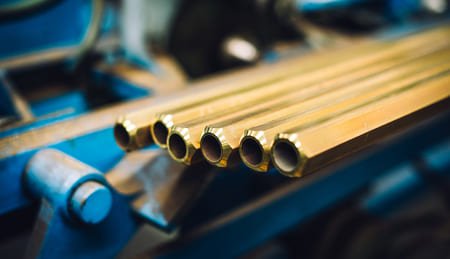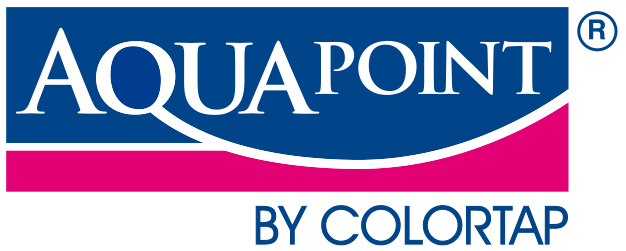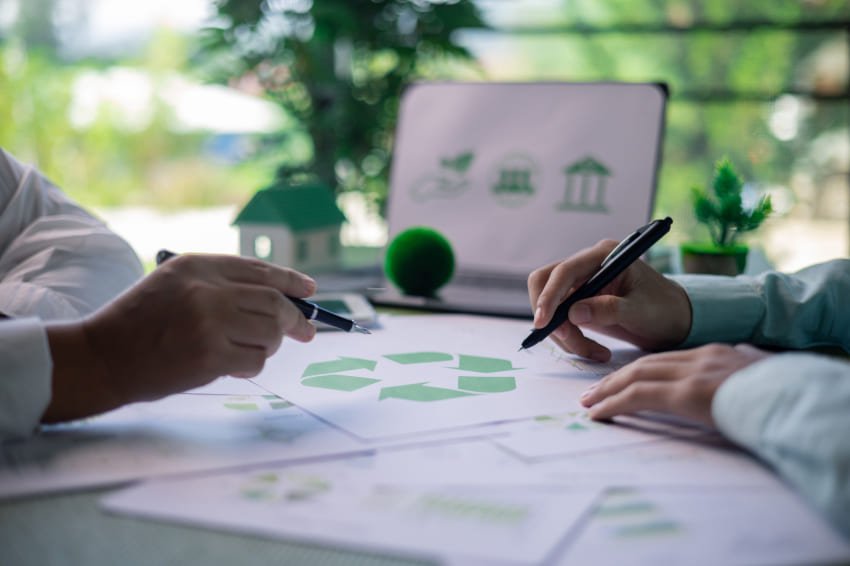Biodiversity and eco-sustainability: Colortap's commitment
Colortap demonstrates its commitment to biodiversity and eco-sustainability by using durable and recyclable materials such as brass and aluminium instead of plastic for its irrigation and faucet products.
The company pioneered the introduction of quick-connect brass fittings, which offer greater strength and longer life than plastic solutions. This choice helps to reduce the amount of waste generated by products with a shorter life cycle.
As far as aluminium is concerned, the use of this material in irrigation systems gives lightness and ease of use and is particularly appreciated in contexts where sustainable water management is crucial.
Furthermore, Colortap’s production processes are carefully designed to ensure quality and durability, thus reducing the need for frequent replacements, another aspect that promotes sustainability.
These choices show Colortap’s focus not only on quality and innovation, but also on environmental impact, contributing to the creation of more ecological and long-lasting systems.
Used materials
The materials used by Colortap are environmentally friendly: as we have already seen, the company is distinguished by the use of materials such as brass and aluminium, which are durable and completely recyclable.
Brass, in particular, is a sustainable choice as it has a very long-life cycle and withstands adverse weather conditions, reducing the need for frequent replacement. This helps to limit waste compared to plastic products, which deteriorate more easily.
The use of aluminium in irrigation systems, as in the ‘Soft Rain,’ line, also guarantees lightness and durability, promoting sustainability by reducing the consumption of resources for production and transport.
Brass Eco-Sustainability of brass

The brass used by Colortap is considered environmentally sustainable for several reasons:
– Recyclability: brass is a 100% recyclable material. It can be melted down and reused several times without losing its properties. This helps reduce the need to extract new resources, reducing the overall environmental impact.
– Durability: brass is highly resistant to corrosion and weathering, making it suitable for a long service life. Products that last longer need fewer replacements, reducing waste and the use of additional materials.
– Less impact during production: compared to other materials such as plastic, the production of brass involves less greenhouse gas emissions and pollutants when considering its complete life cycle, as it can be easily recycled.
– Versatility and efficiency: brass offers high performance for both domestic and industrial applications, which contributes to a more efficient use of resources, especially in irrigation systems that aim to reduce water consumption and the energy used for water management.
This makes brass a sustainable choice over other less durable or non-recyclable materials.
Aluminium Eco-Sustainability

Aluminium is considered environmentally sustainable for several reasons:
– Recyclability: aluminium is 100% recyclable without losing its original properties, drastically reducing its environmental impact. The aluminium recycling process requires only 5% of the energy needed to produce new aluminium, significantly reducing greenhouse gas emissions.
– Lightness and emissions reduction: thanks to its lightness, aluminium reduces transport costs and emissions, as it requires less energy to be transported than other heavier materials.
– Durability: aluminium is corrosion-resistant and has a long service life, which means that products made from this material need fewer replacements. This helps reduce the demand for new materials and the resources used for production.
– Energy efficiency: during its life cycle, aluminium demonstrates high energy efficiency, especially when recycled, reducing the overall impact on the environment. The use of this material in systems, such as irrigation systems, helps improve resource efficiency and reduce water and energy consumption.
These aspects make aluminium a sustainable choice for products intended for long-term use and resource conservation.
Production process

Colortap’s production process displays characteristics that make it more sustainable than traditional practices: the company adopts innovative techniques in the processing of brass and aluminium.
The processing of the former, for example, starts with the transformation of metal bars using high-precision machinery, limiting waste and improving production efficiency.
In addition, the focus on compatibility between metal and plastic materials extends product life, reducing the need for frequent replacements, a key aspect of sustainability. Colortap also implements strict quality control throughout the production process, ensuring that only long-lasting products are brought to market.
These aspects are instrumental in an approach geared towards reducing environmental impact.
Sustainable packaging
Another aspect that is very important to us is the use of sustainable packaging. For this reason, we design packaging by minimising the use of plastic and paper.
A concrete example concerns the elimination of plastic valves for the sale of our products and the replacement of these with small support bands that are attached to the tag.
The cardboard we use also follows the correct forestry management and traceability of derived products.
Our focus on green never stops
Colortap’s soul is green, like the planet we want to live on: in addition to designing each product with the aim of reducing water consumption without compromising efficiency, we pay special attention to the environment throughout the manufacturing process and are able to prove it:
– since 2010, part of our electricity comes from photovoltaic systems installed at our plants;
– we strictly follow all regulations concerning the processing of brass, which are particularly strict;
– we have implemented a very strict control system to prevent the dispersion of lubricating oils or other substances into the environment;
– processing waste is returned to the foundries to be reused as raw material;
– we carefully sort non-recoverable waste and dispose of it properly;
– we design packaging to minimise the use of plastic and paper, thus reducing environmental impact.
EIMA International and spoga+gafa
Confirming Colortap’s commitment to the theme of sustainability is its participation in two of the most important international events on the subject.
The company is present every year at EIMA International, one of the main international trade fairs dedicated to agricultural and gardening machinery, exhibiting its products in the garden irrigation sector.
This event provides a global showcase for technological innovations, especially in areas such as sustainable irrigation and other eco-friendly solutions, which are in line with Colortap’s mission towards sustainability.
Another must-attend event for Colortap is spoga+gafa in Cologne, one of the world’s most important trade fairs dedicated to gardening, leisure and green spaces. The event focuses on topics such as sustainable gardening, ecological innovations and design for outdoor spaces.
Many companies participating in spoga+gafa present environmentally friendly products and solutions for energy saving, resource management and environmental sustainability.
In addition, the show includes sections dedicated to green mobility, recycled materials and other sustainability-oriented initiatives.


